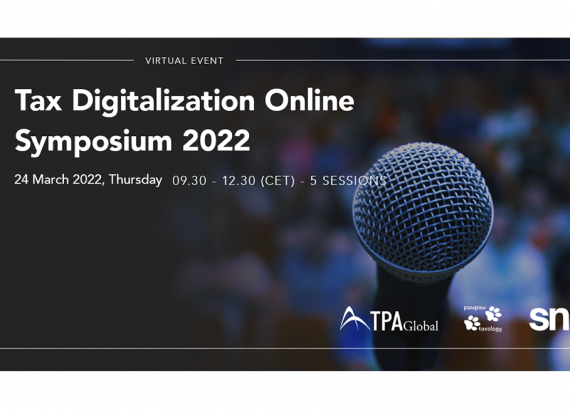Resources
E-Invoicing In Sweden



Legislation
Ordinance (2003: 770) on the electronic exchange of information by state authorities the national VAT Law ( Mervärdesskattelag)
Tax Authority
The DIGG (Myndigheten för digital förvaltning)
Mandatory Status
- e-Invoice
- B2G Transaction
Mandatory - B2B Transaction
Voluntary - e-Filing
Mandatory
Reporting Model
Peppol BIS Billing 3.0
Format
EDIFACT Format
e-Signature
Not mandatory
Archiving
7 years
The Swedish government-mandated electronic invoicing between private and public entities from 2019. Peppol network is used for exchanging electronic orders, catalogs or documents however, recipients must be registered to Peppol network however, other service providers such as Visma and CGI are also used. An electronic invoice should be generated in accordance with European standards. Unlike B2G transactions, B2B and B2C transactions or other types of tax reporting are not mandatory. Due to the announcement that the government made, Skatterverket started consultation for three types of various tax reports. These 3 different reports are as follows;
- Standard Tax Audit File (SAF-T),
- e-Invoice similar to the system in Italy or Poland, or
- New real time invoice reports such as Spain SII or Hungary RTIR.
In Sweden VAT registered entities have several options to file VAT returns. You can file online or file in paper format and send it to the tax authority before the deadline. Submission deadlines can change due to the company’s annual turnover, VAT returns are submitted/sent monthly, quarterly, or annually.





